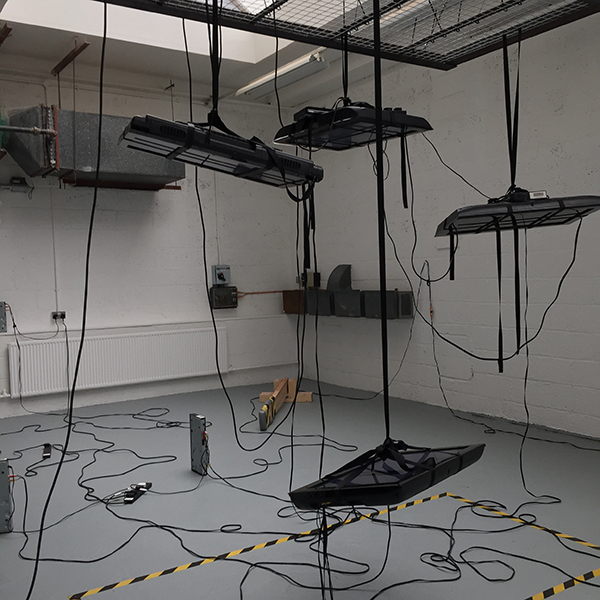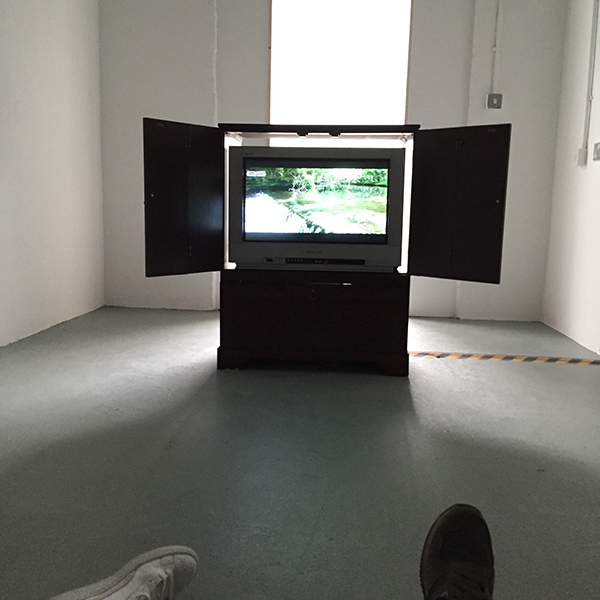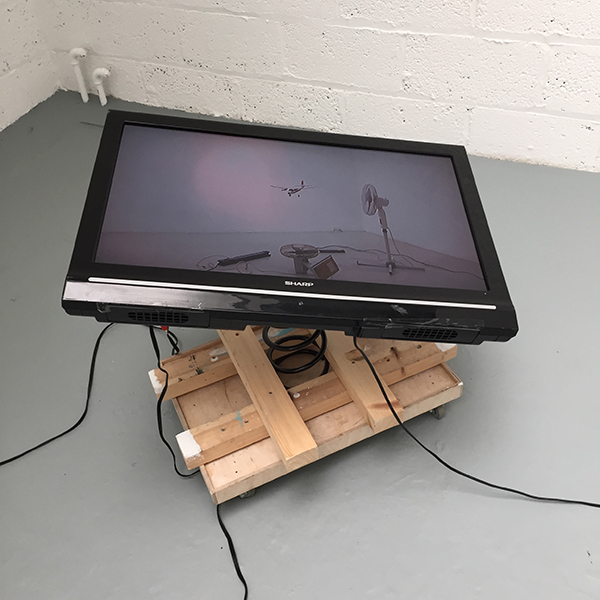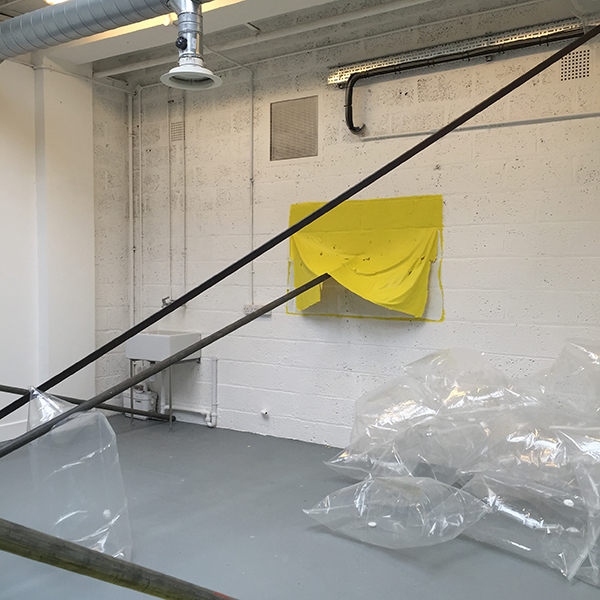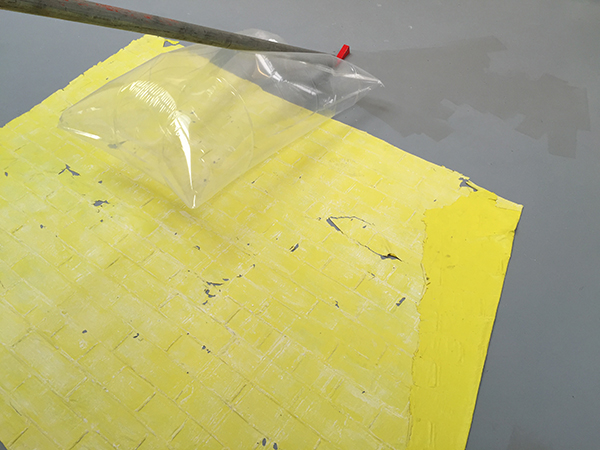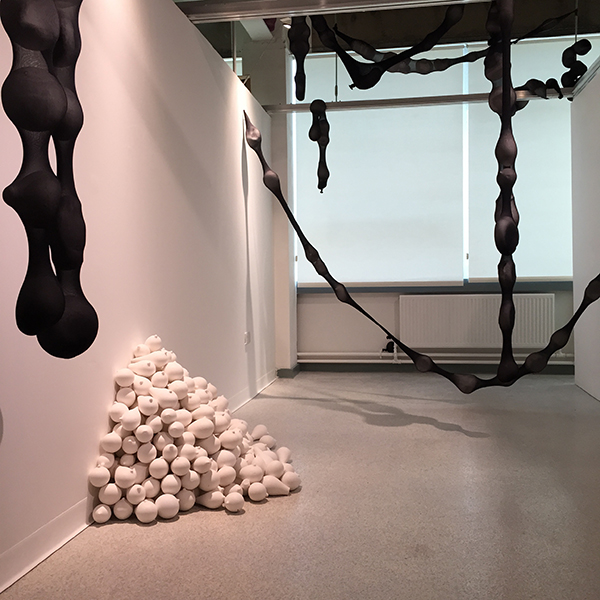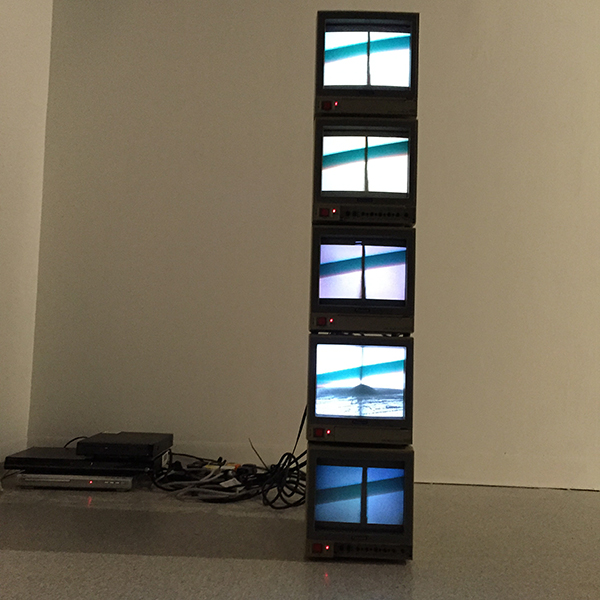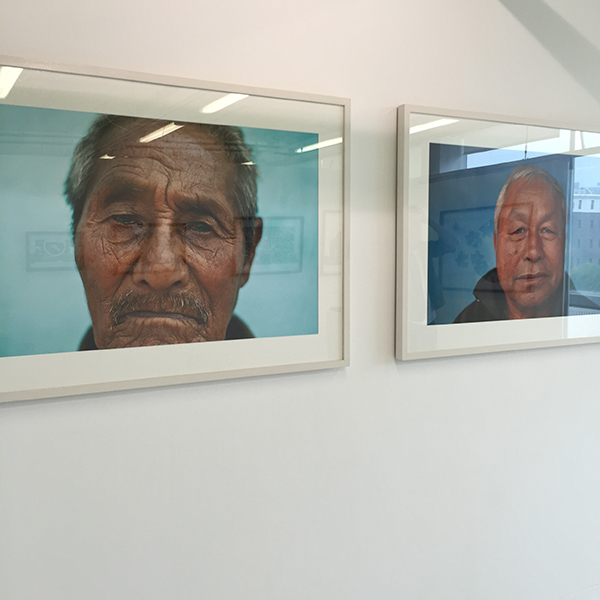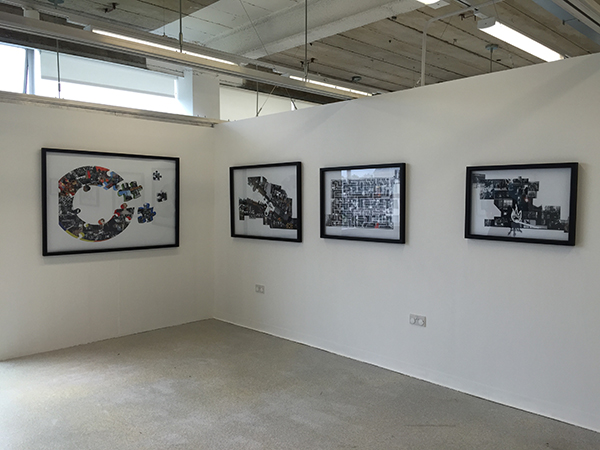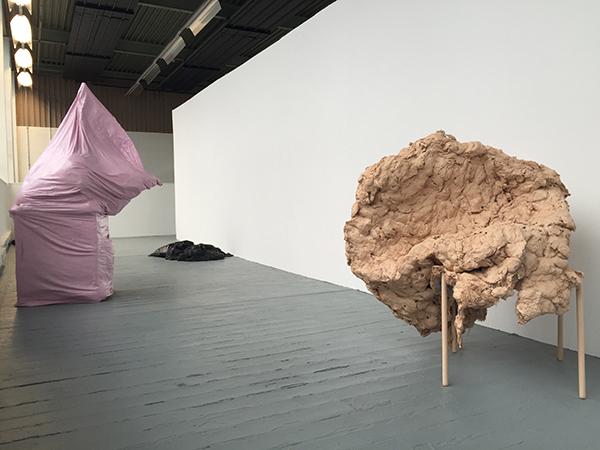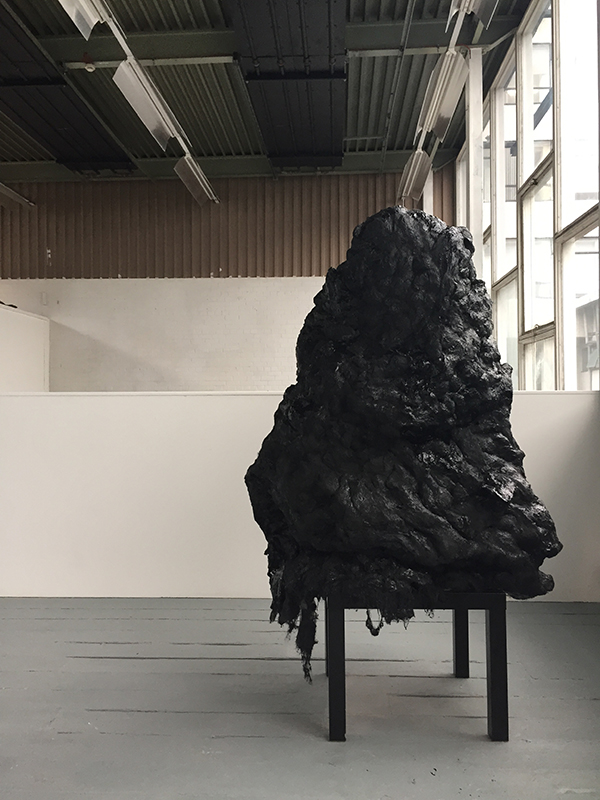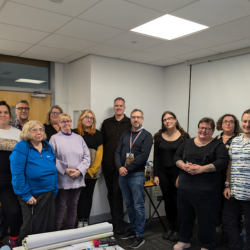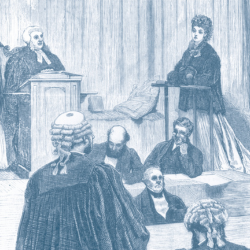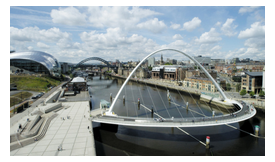-
Study
-
Undergraduate
- Search for a Course
- Undergraduate Open Day & Events
- Application Guides
- Northumbria University UCAS Exhibitions
- Foundation Years
- Undergraduate Fees & Funding
- School & College Outreach
- Continuing Professional Development
-
Postgraduate
- Postgraduate Study Degree
- Postgraduate Research Degrees
- Postgraduate Open Days and Events
- Postgraduate Fees & Funding
- Flexible Learning
- Thinking about a Masters?
- Continuing Professional Development
- Change Direction
-
Student Life
- The Hub - Student Blog
- Accommodation
- Life in Newcastle
- Support for Students
- Careers
- Information for Parents
- Students' Union
- Northumbria Sport
- Be Part of It
-
-
International
International
Northumbria’s global footprint touches every continent across the world, through our global partnerships across 17 institutions in 10 countries, to our 277,000 strong alumni community and 150 recruitment partners – we prepare our students for the challenges of tomorrow. Discover more about how to join Northumbria’s global family or our partnerships.
View our Global Footprint-
Applying to Northumbria
- European Union
- Our London Campus
- Northumbria Pathway
- International Events
- Entry Requirements and Country Representatives
- Regional Offices
-
Northumbria Language Centre
- Faculty Requirements
- Acceptable English Requirements
- Pre-sessional English Language and Study Skills
- Academic Language Skills Programmes (ALS)
-
International Fees, Funding & Scholarships
- International Undergraduate Fees
- International Undergraduate Funding
- International Masters Fees
- International Masters Funding
- International Postgraduate Research Fees
- International Postgraduate Research Funding
- International Money Matters
-
Life at Northumbria
- International student support
- Careers
-
International Mobility
- Current Northumbria Students
- Incoming Exchange Students
-
-
Business
Business
The world is changing faster than ever before. The future is there to be won by organisations who find ways to turn today's possibilities into tomorrows competitive edge. In a connected world, collaboration can be the key to success.
More on our Business Services -
Research
Research
Northumbria is a research-rich, business-focused, professional university with a global reputation for academic quality. We conduct ground-breaking research that is responsive to the science & technology, health & well being, economic and social and arts & cultural needs for the communities
Discover more about our Research -
About Us
-
About Northumbria
- Our Strategy
- Our Staff
- Place and Partnerships
- Student Profiles
- Alumni Profiles
- Leadership & Governance
- Academic Departments
- University Services
- History of Northumbria
- Contact us
- Online Shop
-
-
Alumni
Alumni
Northumbria University is renowned for the calibre of its business-ready graduates. Our alumni network has over 244,000 graduates based in 178 countries worldwide in a range of sectors, our alumni are making a real impact on the world.
Our Alumni - Work For Us
What will I learn on this module?
You will learn about key themes related to historical, theoretical, and critical developments in and influences on contemporary art practice relevant to an understanding of recent debates and developments. You will develop the ability to reflect critically on the historical and contemporary relationship of artists to society at local, national and global levels, and develop competence in skills enabling you to undertake critical visual analysis, independent research, and present findings through the medium of discursive writing. You will learn how to contextualise your own studio practice within the terms of history and theory in preparation for level 6 and the Extended Study in Fine Art module (VA6001). You will therefore be exposed to a series of topics which are aimed to aid you in identifying a theme or issue of historical, theoretical or critical significance that is relevant to your own particular concerns as a practitioner to inform and support further exploratory research and practice at level 6.
Lectures will explore major historical, theoretical and critical themes influencing the production and reception of art practice in the twentieth and twenty-first centuries. Topics covered in the lectures may include:
- modernity/modernism;
- postmodernity/postmodernism;
- gender, social and ethnic identities and the visual arts;
- the social construction of taste;
- customs through which contemporary art is displayed and exchanged;
- contemporary photography;
- surveillance;
- aesthetics;
- sound art;
- the state of art education.
How will I learn on this module?
You will learn on this module via a series of lectures that are designed to give you a critical overview of key themes, concepts and debates in relevant areas of the history and theory of art and culture. These will familiarise you with the context of contemporary fine art practice at a more sophisticated level than is possible at level 4 and will be supported by seminars in which your participation is encouraged. The seminars will aid in your development of key communicative skills, the practice of visual analysis and argument. They also provide an important opportunity to test out your ideas and raise lines of inquiry in a comfortable environment which offers the opportunity for formative feedback.
You are encouraged to explore material of particular interest to you and your studio practice, however, as the second semester progresses you are encouraged to increase the level of connectivity between AH5009 and your studio concerns, contextualising your studio practice historically and theoretically. Time management is regarded as an important professional skill and you are expected to organise your research for your essay in an appropriate manner. You will be expected to undertake a sufficient amount of independent work in preparation for the assessments for this module and seek support from your tutors where necessary.
How will I be supported academically on this module?
Academic support beyond the seminars may be provided through individual and group tutorials as required and appropriate, and extensive use of the eLearning Portal. The eLP will provide you with the module guide, course documentation, teaching materials, and detailed assignment briefs and tutorial videos where appropriate. Assessments will be clearly defined and discussed in class with you, and examples provided where possible. In relation to your self-directed study, you will be expected to identify examples and case studies to work with that are relevant to you individually and utilise skills and concepts learned from other modules. Nevertheless, you will be clearly guided in the appropriate parameters and methodologies of this self-directed research either through seminars focused on the requisite research skills or by the provision of check lists of learning goals. You will be encouraged to discuss your chosen examples in seminar sessions to identify appropriate methods of analysis. Formative assessment is therefore ongoing throughout the module, culminating in a formative feedback tutorial to discuss progress on your assessment. Summative assessment takes place around the submitted assessment and you will receive written feedback on that within 20 working days of assignment submission.
What will I be expected to read on this module?
All modules at Northumbria include a range of reading materials that students are expected to engage with. Online reading lists (provided after enrolment) give you access to your reading material for your modules. The Library works in partnership with your module tutors to ensure you have access to the material that you need.
What will I be expected to achieve?
Knowledge & Understanding:
1. Demonstrate an understanding of the role of wider cultural influences and contexts upon contemporary artists;
2. Demonstrate an understanding of the key theoretical and historical concepts and movements of modern and contemporary art practices.
Intellectual / Professional skills & abilities:
3. Be able to visually analyse objects and contextualise representations in relation to wider art historical and theoretical frameworks;
4. Communicate clearly in written and verbal form.
Personal Values Attributes (Global / Cultural awareness, Ethics, Curiosity) (PVA):
5. An appreciation of cultural difference and how it is represented in contemporary art practice, and an awareness and facility in appropriate referencing of visual case-studies, scholarship and scholarly debates.
How will I be assessed?
There are two summative elements to the assessment for this module. You will undertake one essay (3000 word) delivered at the end of the semester. Your research for this essay will facilitate your understanding of the historical and theoretical context of contemporary art practice, and help you to develop the communicative skills for independent study at level 6. You will be responding to your choice from a list of set questions relevant to the lecture series, designed to facilitate understanding of the historical and theoretical context of contemporary art practice. These topics are prepared by the module tutors to help you to develop a transferable understanding of academic writing and critically respond to the lecture and seminar programme.
You are encouraged to engage with a topic that has relevance to your particular studio practice, or some other aspect of fine art practice that will support you in situating your individual concerns within a wider historical and theoretical context.
Formative assessment for this course will take the form of a tutorial around progress and plans for your essay submission. Feedback for the Summative Assessment components will be provided to you electronically within 20 working days of submission.
Pre-requisite(s)
none
Co-requisite(s)
none
Module abstract
You will experience modern and contemporary fine art practice within an exciting historical and theoretical framework. Having learnt about what artists have done and why in recent decades, you will be able to think about your own studio practice in relation to key issues and debates, identifying ways forward in your own research and practice in order to engage with the wider world and contexts. You will explore distinctive ways of looking at and approaching critical understandings of key themes in modern and contemporary artistic practices: modernism and post-modernism, the relationship between contemporary art and mass culture, issues of gender and ethnic identity, and the relationship between the artist and society. You will learn through participation in weekly lectures supported by seminars that will help to develop your study skills appropriate to level 5. You will be assessed by one piece of work: one essay (3000 words) delivered during the semester.
Course info
UCAS Code W100
Credits 20
Level of Study Undergraduate
Mode of Study 3 years Full Time or 4 years with a placement (sandwich)/study abroad
Department Arts
Location City Campus, Northumbria University
City Newcastle
All information is accurate at the time of sharing.
Full time Courses are primarily delivered via on-campus face to face learning but could include elements of online learning. Most courses run as planned and as promoted on our website and via our marketing materials, but if there are any substantial changes (as determined by the Competition and Markets Authority) to a course or there is the potential that course may be withdrawn, we will notify all affected applicants as soon as possible with advice and guidance regarding their options. It is also important to be aware that optional modules listed on course pages may be subject to change depending on uptake numbers each year.
Contact time is subject to increase or decrease in line with possible restrictions imposed by the government or the University in the interest of maintaining the health and safety and wellbeing of students, staff, and visitors if this is deemed necessary in future.
Useful Links
Find out about our distinctive approach at
www.northumbria.ac.uk/exp
Admissions Terms and Conditions
northumbria.ac.uk/terms
Fees and Funding
northumbria.ac.uk/fees
Admissions Policy
northumbria.ac.uk/adpolicy
Admissions Complaints Policy
northumbria.ac.uk/complaints


